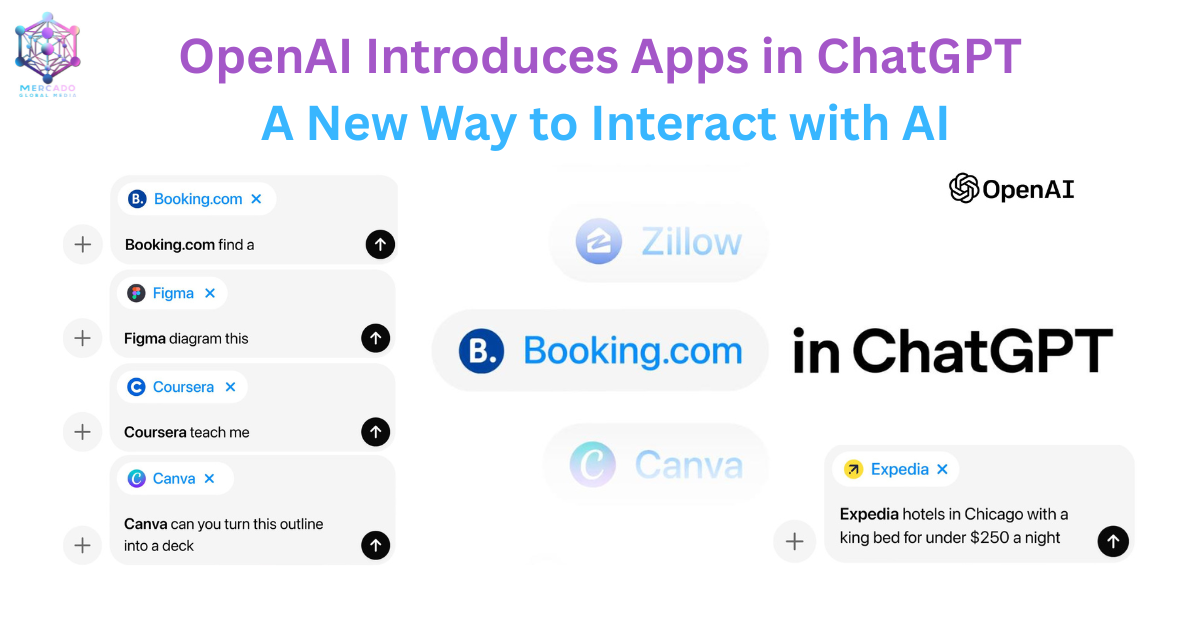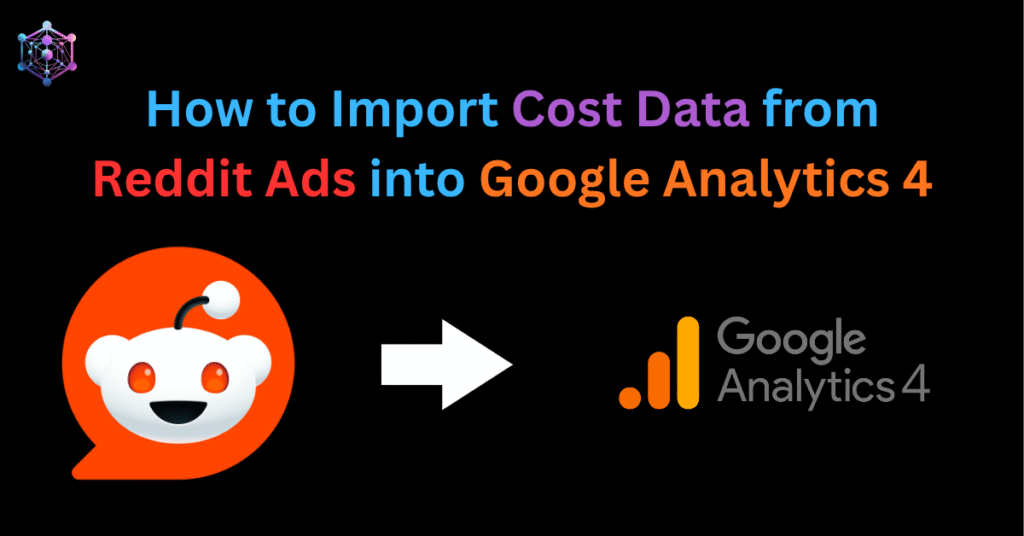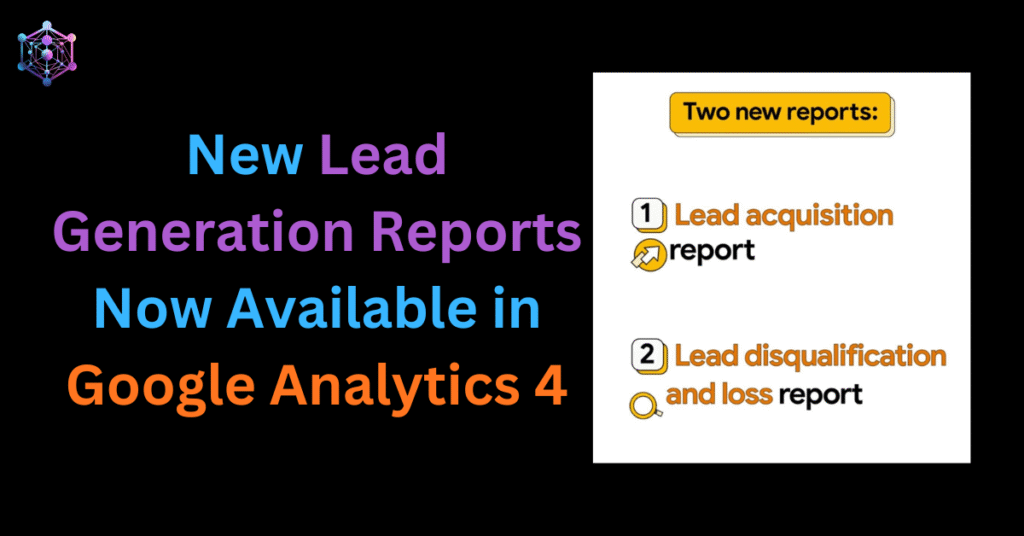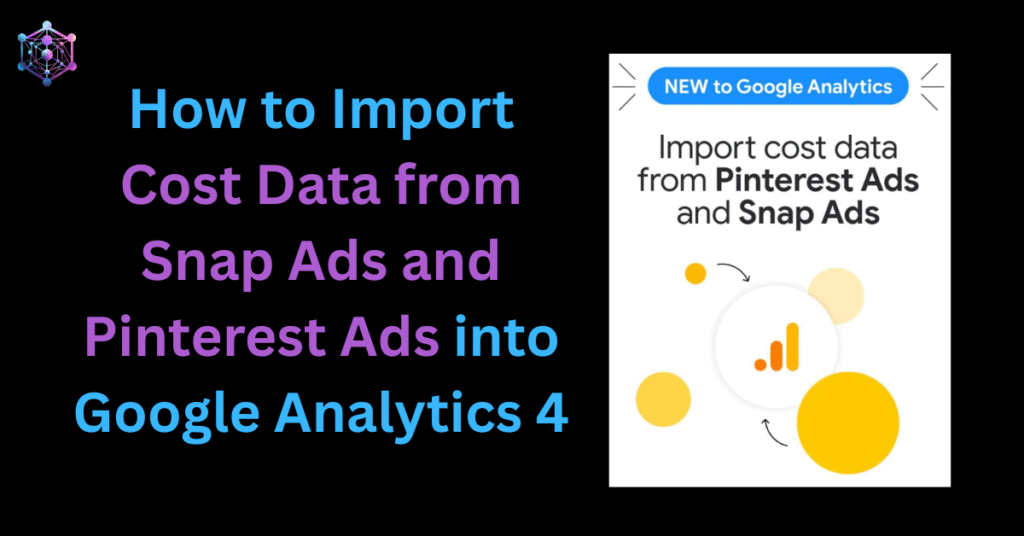OpenAI has officially announced one of its most anticipated updates at DevDay 2025 — apps inside ChatGPT. This update opens up a completely new way for users and developers to engage with AI by bringing interactive, task-oriented apps directly into ChatGPT.
What’s New?
ChatGPT users can now chat directly with apps — without ever leaving the conversation. Whether it’s planning a trip through Booking.com, designing a presentation on Canva, taking a course on Coursera, or finding a new home on Zillow, these experiences now live inside ChatGPT.
The first batch of partner apps includes:
Zillow
Booking.com
Canva
Coursera
Expedia
Figma
Spotify
These integrations make ChatGPT feel more like a productivity hub — blending conversation with interaction, search, and creativity in one place.
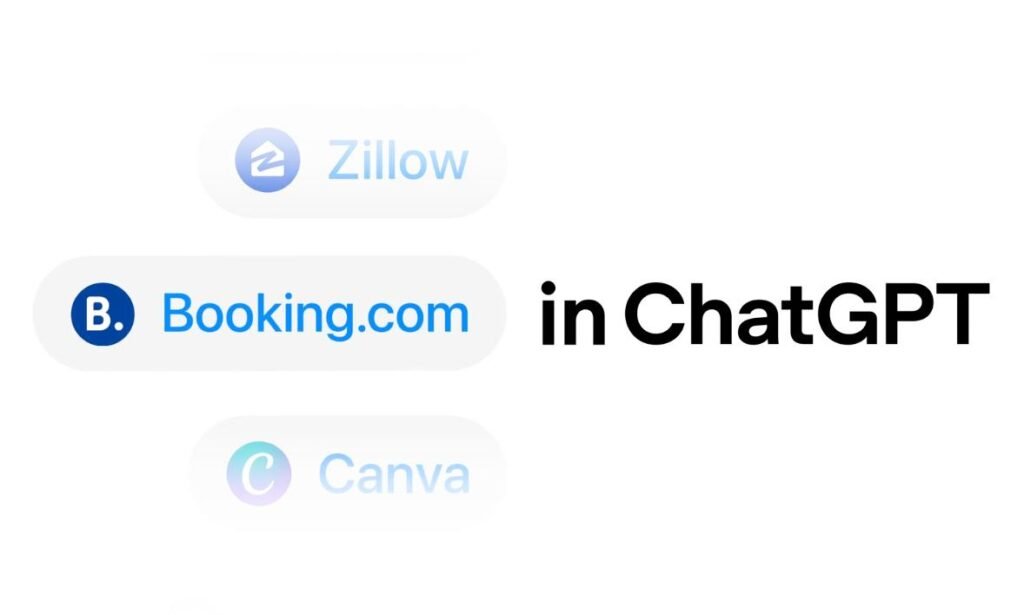
How It Works
Apps in ChatGPT are designed to appear naturally within your chats. You can either call them by name (for example: “Spotify, create a playlist for my evening walk”) or ChatGPT can suggest them when relevant.
Each app includes interactive interfaces — like maps, playlists, or presentation templates — that function right inside the chat.
When you first connect an app, ChatGPT will clearly ask for permission to link your data, ensuring privacy and transparency in how information is shared.
For Developers: The Apps SDK
Alongside this rollout, OpenAI has launched a new Apps SDK (Software Development Kit) — available in preview — built on the Model Context Protocol (MCP).
This SDK enables developers to:
- Build interactive apps directly for ChatGPT users.
- Design both the app’s logic and interface.
- Integrate with their own backend systems and offer login or premium features.
Developers can begin testing apps today in Developer Mode inside ChatGPT. Later this year, OpenAI will open submissions for app publishing and introduce monetization features for developers.
Availability
Apps are available starting today for all logged-in ChatGPT users (Free, Go, Plus, and Pro) outside of the EU.
Support for EU users is expected soon, with more partner integrations planned later this year.
Privacy and Safety First
Every app must comply with OpenAI’s usage policies and developer guidelines, ensuring they are appropriate for all audiences and transparent about data usage.
Users will retain control over app permissions and what information is shared. Future updates will include even more granular privacy controls.
What’s Coming Next
Later this year, OpenAI plans to:
- Extend app access to ChatGPT Business, Enterprise, and Education tiers.
- Launch an App Directory where users can browse, search, and install apps.
- Introduce monetization options using the Agentic Commerce Protocol, which will enable instant checkout experiences inside ChatGPT.
This launch represents an important milestone — transforming ChatGPT from a conversational assistant into a full-fledged platform for both users and developers.
Key Takeaway
ChatGPT is evolving from a text-based assistant to an integrated AI workspace — where apps, data, and intelligent workflows come together seamlessly.
Whether you’re a developer building for millions or a user exploring productivity in a new way, apps in ChatGPT signal the next big leap in how we interact with AI.
FAQ’s
ChatGPT Apps are third-party integrations that allow users to perform specific tasks—like booking flights, summarising documents, or checking analytics—directly within ChatGPT without leaving the interface.
While plugins were external extensions, Apps are more deeply integrated into ChatGPT. They support smoother interactions, better data handling, and improved user privacy and experience.
Initially, Apps are available for ChatGPT Plus, Team, and Enterprise users. Wider rollout to free-tier users may happen in phases.
Developers can use OpenAI’s new ChatGPT API and manifest format to build and publish apps, enabling other users to interact with their services within ChatGPT.
Yes. Apps follow OpenAI’s strict privacy and security protocols. Data sharing is transparent, and users must consent before any app accesses external data.
Yes. Businesses can develop custom ChatGPT Apps to connect their data or services—like CRMs, analytics dashboards, or eCommerce stores—enabling users to interact with them using natural language.
Apps streamline workflows by combining multiple tools in one place, reducing context switching, and letting users perform tasks through conversation—enhancing speed and efficiency.
You can explore the new ChatGPT Apps feature directly within the ChatGPT interface or visit https://openai.com for detailed developer documentation and updates.
Reference:
| Platfrom | URL |
| Open AI | https://openai.com/index/introducing-apps-in-chatgpt/ |

